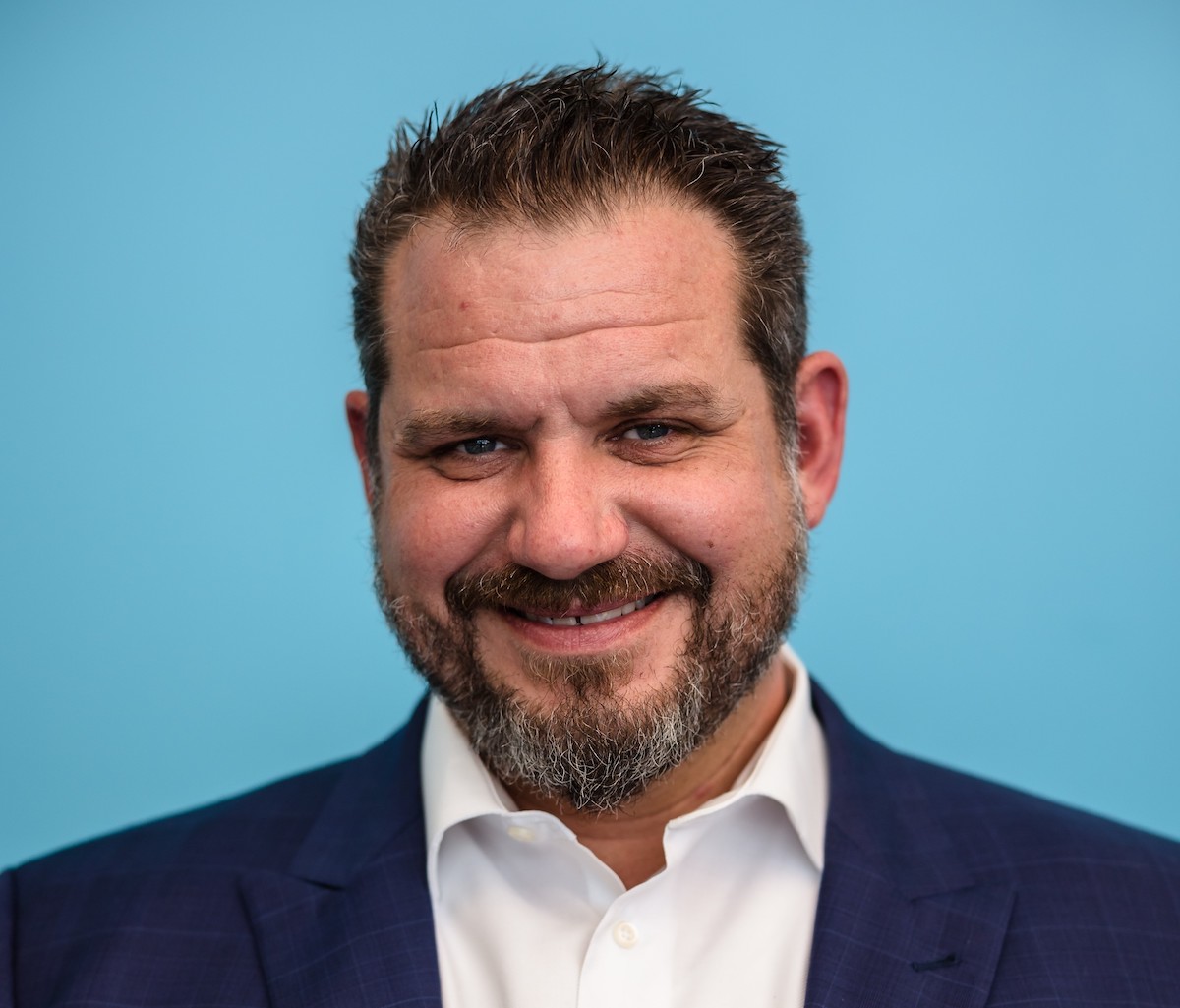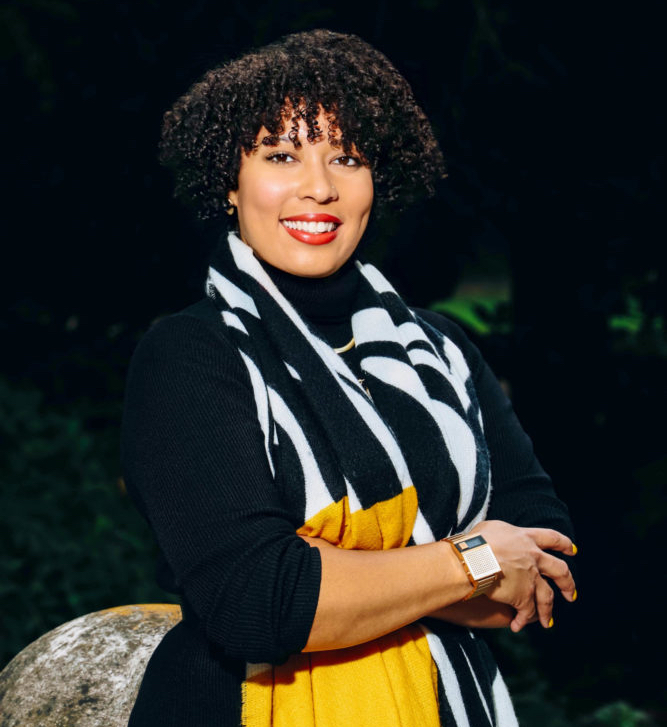In a pandemic-tinged world, telehealth has proven itself to be an important tool in modern medicine. Dr. Erika Dillard wants to take that one step farther with a device that consistently monitors the patient with little effort. And though she’s no longer based in Philadelphia, a locally focused startup booster is helping her do it.
Dillard is the founder and CEO of PopCheck Technologies, a medical device startup that is developing a remote monitoring device to detect postoperative complications. Dillard’s background is in neurosurgery, where she saw lots of patients deal with post-op complications.
“The problem with monitoring for those things is that once the patient leaves the hospital, there’s really no one watching them or observing them besides themselves or their family member or a caretaker,” she told Technical.ly.
Dillard is currently based in Tennessee where she completed a fellowship program in January at the University of Memphis specifically for people with a science or medical background who are now going down the entrepreneurial route. Prior to this fellowship, Dillard was a resident at Philly’s Thomas Jefferson University Hospital, where she saw firsthand the need for a device like hers. She also completed the University City Science Center’s Launch Lane accelerator in 2021.
Dillard is an example of an entrepreneur from outside the region who has Philly ties and has seen the benefit of building their company with the help of resources like the Science Center. Heath Naquin, the Science Center’s VP of government and capital engagement, said all of its programs aim to support the economic development and growth of this region — which includes bringing non-locals into the fold.
“We absolutely are focused on supporting the Philadelphia-based entrepreneurs in a variety of mechanisms, as well as trying to attract new companies into the region,” Naquin said.

Heath Naquin. (Courtesy photo)
Founders who participate in Science Center programs must either live in or be from Philly, or have strong ties to the area. Naquin said this means they are working with a local university or company on research, or broadly, if they already have some momentum to engage with the local economy.
“We want to attract the good folks from outside, and yes, we want to make sure that there’s some kind of stickiness as we expend resources and work with them,” he said. “If we’re putting resources outside of the area, then we have to make sure that we’re getting return back to the Science Center, obviously. So the way we balance it is if a company outside of the area is starting to engage with us, [we ask] is there enough gas in the tank for them?”
The Launch Lane program, which Dillard completed in December 2021, went through a rebranding this summer and is now known as two separate programs: the Founders Fellowship and and the Capital Readiness Program. The first is ideal for very early-stage entrepreneurs who are still exploring their ideas, while the second is targeted toward more developed companies prepping for investments. (Naquin noted that this pivot came about not because there was anything wrong with the Launch Lane accelerator, but because in assessing the program, Science Center leaders thought the resources could be focused better this way.)
As for that local tie, even though Dillard went back to Memphis, Naquin said it’s still good for the Science Center to build relationships and grow a positive reputation outside of the Philly region. In turn, Dillard said her company has benefitted because the accelerator connected her to many support resources. The University of Memphis fellowship provided money for her company in its earliest stages, but she’s also bought in funding via pitch contests and grants, including through the Science Center, which invests in its accelerator companies via an uncapped SAFE note.
“Their network is broad — it covers Jersey, covers Delaware — and so even through them, I’ve been able to get additional grants through the University of Delaware and just so much support that comes from that region,” she said. “So I like to say that I’m part Philly, part Memphis.”
Dillard is currently in the midst of a friends, family and angel investor pre-seed round that started in June and is seeking to raise $1 million by the end of Q1 next year.
Plenty of professionals come to Philly from elsewhere because of its proximity to so many eds and meds resources. For founders who later leave the area or go back to their original location, Naquin said it is a loss. But at the end of the day, the good outweighs the bad.
“There is a bigger opportunity in attracting people in and exposing them,” he said. “In the long view, the region will benefit more from that halo of good than, OK, can we count the individual number of companies that are here?”
Sarah Huffman is a 2022-2024 corps member for Report for America, an initiative of The Groundtruth Project that pairs young journalists with local newsrooms. This position is supported by the Lenfest Institute for Journalism.Join the conversation!
Find news, events, jobs and people who share your interests on Technical.ly's open community Slack

Philly daily roundup: Women's health startup wins pitch; $204M for internet access; 'GamingWalls' for sports venues

Philly daily roundup: East Market coworking; Temple's $2.5M engineering donation; WITS spring summit

Philly daily roundup: Jason Bannon leaves Ben Franklin; $26M for narcolepsy treatment; Philly Tech Calendar turns one


